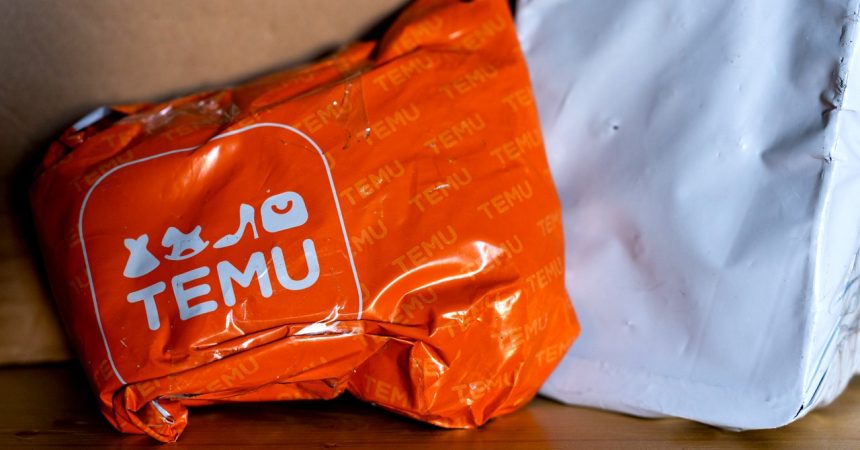The Trump administration’s abrupt termination of the de minimis exemption for goods imported from China and Hong Kong marks a significant shift in US trade policy, with potentially far-reaching consequences for the e-commerce landscape and consumer behavior. This exemption, which previously allowed low-value goods (under $800) to bypass import duties, has been a cornerstone of the booming cross-border e-commerce trade, particularly facilitating the influx of affordable products from Chinese online retailers like Temu and Shein. The sudden removal of this exemption, likened to the “move fast and break things” ethos of the tech startup world, has injected considerable uncertainty and potential chaos into the online shopping ecosystem.
The immediate impact of this policy change translates into increased costs for consumers. Items previously exempt from import duties are now subject to a complex array of tariffs, including the existing regular tariffs based on product category, the Section 301 tariffs specifically levied on Chinese goods, and the newly imposed 10% tariff. Furthermore, processing fees and customs brokerage costs add to the final price tag. The cumulative effect of these charges remains uncertain, leaving retailers grappling with how to adjust their pricing strategies and potentially impacting the affordability of goods previously seen as budget-friendly. The ultimate price increase for consumers remains to be seen, dependent on how retailers absorb or pass on these added costs, which could range from minor increases to substantial price hikes, potentially altering consumer purchasing patterns.
The logistical challenges posed by this policy shift are substantial. E-commerce companies now face the complex task of navigating customs procedures for a vast volume of goods previously exempt. This logistical hurdle, coupled with the uncertainty surrounding the enforcement mechanisms, creates a significant operational burden. The USPS has suspended accepting parcels from China and Hong Kong, but the specifics of Customs and Border Protection’s (CBP) enforcement strategy remain unclear. This lack of clarity further compounds the difficulties for importers and retailers, hindering their ability to adapt to the new regulations effectively.
Two potential scenarios emerge regarding CBP’s enforcement approach. The first involves holding all de minimis packages at the border until duties are paid and proper categorization is completed. This approach, while thorough, could lead to a massive backlog of goods, delaying deliveries indefinitely and frustrating consumers. The alternative scenario involves allowing goods to enter the country and charging tariffs retroactively through a process called liquidation. This approach, while maintaining the flow of goods, leaves importers subject to potentially substantial and unpredictable retroactive charges, creating financial uncertainty.
The long-term implications of this policy change extend beyond immediate logistical and cost concerns. The affordability of Chinese-manufactured goods has been a key driver of the popularity of platforms like Temu and Shein. The increased costs associated with the removal of the de minimis exemption could significantly affect the competitiveness of these platforms, potentially reshaping the e-commerce landscape. Consumers accustomed to low prices might shift their purchasing habits, potentially favoring domestic retailers or seeking alternative sourcing options. This shift could have profound implications for the market share and profitability of Chinese e-commerce companies operating in the US.
Ultimately, the removal of the de minimis exemption represents a significant gamble by the Trump administration. While framed as a measure to protect domestic industries and address trade imbalances, the potential for unintended consequences is substantial. The increased costs for consumers, the logistical challenges for businesses, and the potential disruption to the e-commerce landscape all contribute to a climate of uncertainty. The long-term effects on consumer behavior, the competitiveness of online retailers, and the broader US-China trade relationship remain to be seen. The success or failure of this policy will depend on how effectively CBP implements its enforcement strategy, how retailers adapt their business models, and ultimately, how consumers respond to the changing dynamics of the online marketplace.



